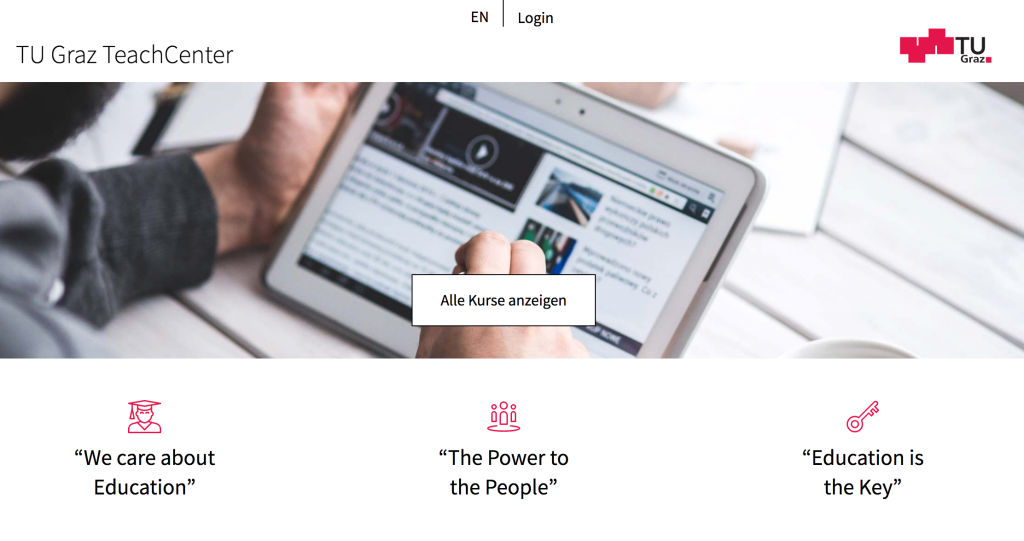Im Rahmen der USAB 2008 mit dem Thema „HCI & Usability for Education and Work“ haben wir einen Beitrag zu „Usability metrics of time and stress – Biological enhanced performance test of a university wide learning management system“ erstellt.
Abstract:
This paper describes the modification and outcome of a performance test applied to a university wide learning management system under realistic conditions to identify usability problems and to compare measures such as success rate, task time and user satisfaction with requirements. Two user groups with 20 test users each took part in this study. During the whole test psychophysiological parameters of the test persons were monitored and recorded, in order to find event related stress symptoms. Modifications of the original test allowed a faster analysis of relevant quantitative metrics and the collection of qualitative information.
Referenz: Stickel, C., Scerbakov, A., Kaufmann, T., Ebner, M. (2008) Usability metrics of time and stress – Biological enhanced performance test of a university wide learning management system, HCI for Education and Work, Holzinger A. (Ed), Springer, p. 173-184, ISBN 978-3-540-89349-3
Hier gibt es das Buch bzw. einen Entwurf. Weiters steht auch die Aufzeichnung des Vortrages meines Kollegen zur Verfügung.


